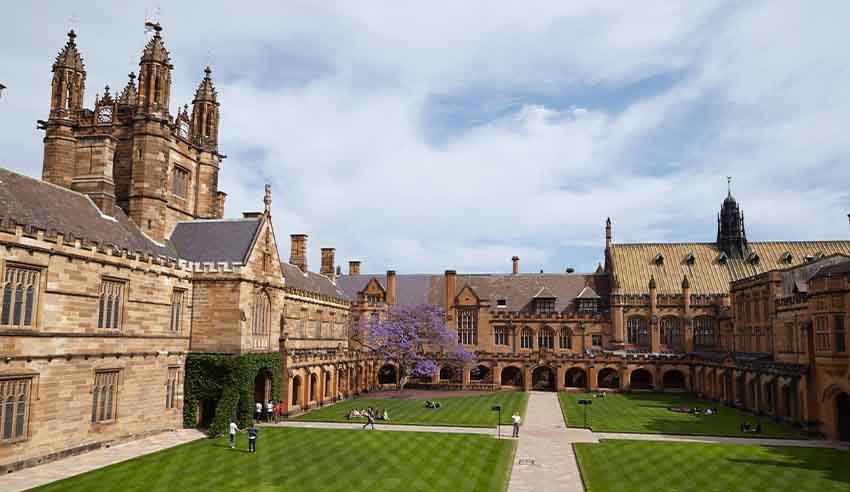In a recent research paper, a university scholar has called out the laws and regulation around intercountry adoption, insisting the legal sector needs to adapt.

Source: sydney.edu.au/about-us.html
Associate professor Sonja Van Wichelen has published Law and Society Review to argue that the world of international adoption is undergoing profound changes and the legal profession and its processes has been unable to keep up.
“The convention does have an important role to play in ensuring the protection of the child and combating illegal and unethical adoptions,” Ms Van Wichelen said.
She added that despite this role, it also operates as “justification within the institutional domain, allowing adoption agencies to make distinctions between what they perceive to be ‘legitimate’ and ‘illegitimate’ adoptions and enacting particular norms and values that meet the needs of only some groups.” Particularly, parents in the “Great North”.
Many debates around intercountry adoption has focused on whether wealthy childless couples in economically developed societies have received preferential treatment over the cost of birth families in developing countries.
Ms Van Wichelen’s research found only a certain kind of kinship knowledge is shared through current international laws and has screened out the other kinds.
“Essentially, the convention has been helping to mainstream Euro-American adoption knowledge and practices, sometimes to the disadvantage of local adoption or fostering practice,” Ms Van Wichelen said, adding the “family unit” has shifted.
“With the emergence of new ‘post-modern’ ways of family life that challenge the Euro-American nuclear family unit – like single parent families, extended families, LGBTQI+ families and ‘blended’ families – it is vital that our global laws and regulations also speak to new forms of kinship.”
Van Wichelen added her research highlighted the issues at the heart of intercountry adoption and said they were complex with no easy fixes.
“Solutions suggested by other scholars and commentators have often remained within the realm of law, proposing more regulation, greater transparency, or proffering the institutional ‘best practice’,” Ms Van Wichelen said.
“In addition, I believe it demands a political response and a global debate about how we can honour, respect and legally work with different kinds of kinship knowledge in a transnational space.”
